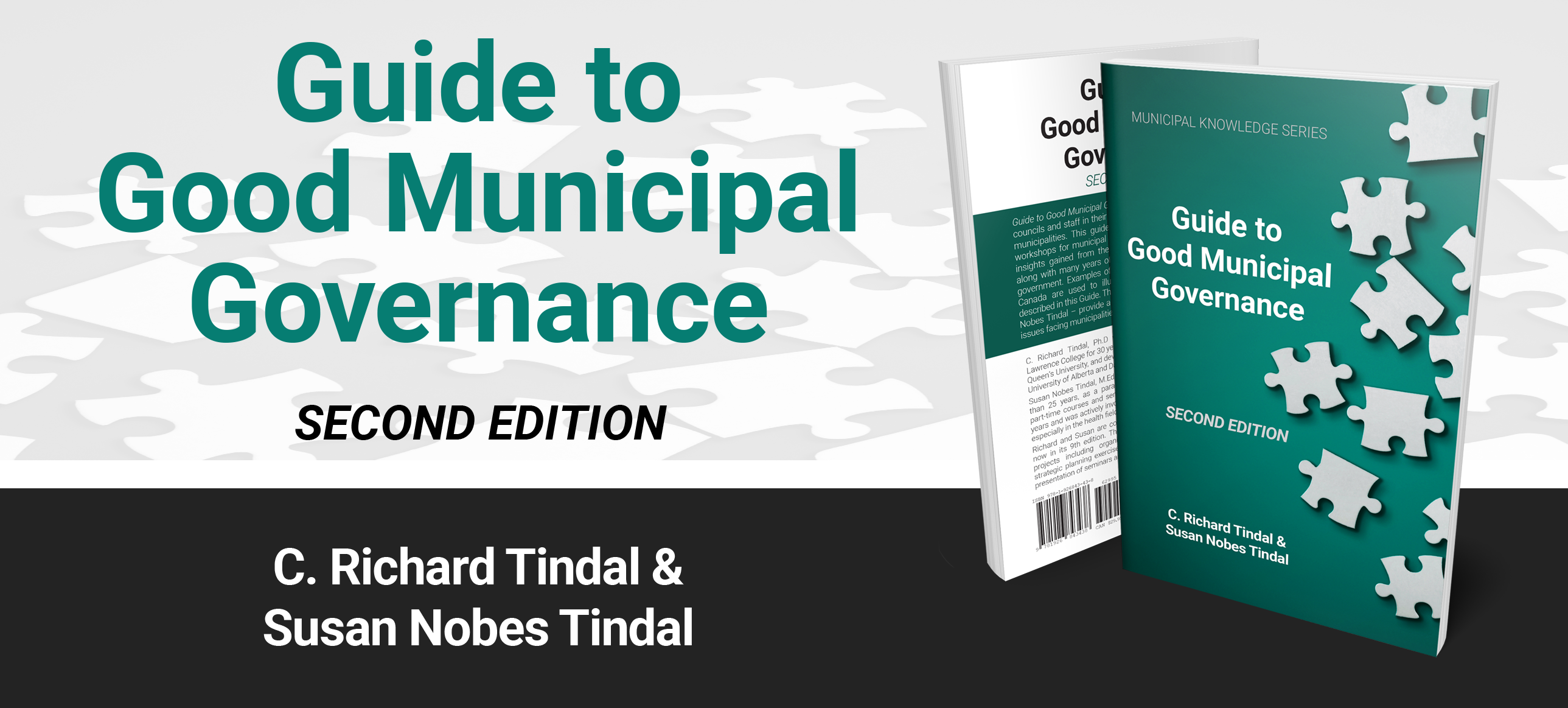The "Amazonpalooza" HQ2 competition

Finding a win for the cities that won’t win
Earlier this month, Amazon.com launched a public search for a city to host its second headquarters. The Seattle-based internet retail giant is explicitly seeking bids from across North America, rather than just the United States. As a result, Vancouver, Edmonton, Calgary, Winnipeg, Hamilton-Niagara, the Toronto region, Ottawa, and Montreal are all jumping in, despite obvious challenges for any Canadian bidder. At least one councillor in London has argued for a bid, and the mayor of Sault Ste. Marie told reporters that his city was ideal, too. Even the mayor of Langford, B.C. – population 36,000 – claimed to reporters that he had staff working on a bid “for the last two weeks.” Roughly 100 American metros, cities, and counties are also lining up.
Chasing the Jackpot
With the same logic that makes lotteries profitable, mayors and premiers insist the size of the jackpot justifies a bid, regardless of the odds or the costs. But, is there some way to make this more than just a stampede for a losing lottery ticket?
Start with the fact that this ticket looks cheap, but it isn’t free. Hamilton officials recently pegged $250k is the baseline cost to file a credible bid. Beyond the inevitable videos, studies and potential site tours, many cities and supporting provincial governments may also offer up concessions to match Amazon’s explicit demand for cheap space, free infrastructure, and tax incentives. In the process, they may set costly precedents for other site selections. If Amazon delivers on its promises – which is still a big “if” – then the winning city can expect $5 billion in investment and 50,000 jobs in return. But there is no prize for second, third or 30th place. Nor is there even any guarantee that Amazon will tell the losing cities where they ranked, or why.
If this is the “Olympics of corporate site selection,” consider the fact that bids to host the Olympics are actually more transparent. For Amazon, competing to offer the company the biggest bribe isn’t a bug; it’s a feature. In a recent article, the Brookings Institute’s Robert Shearer argued that Amazon probably already knows what its top targets are. He believes the “faux competition” will pressure those targets to offer massive subsidies, winning “something that place could have gotten for free.”
Some (But Not Many) Canadian Cities Could Be Serious Contenders
Despite a long list of logistical and political challenges that would come from locating in Canada, most analysts agree that least a few Canadian cities have a shot on paper. For example, the Vancouver-based firm MountainMath made a convincing case on its blog that Toronto and Calgary are serious contenders (linked here). “A few” doesn’t mean most – and many Canadian cities bidding do not even meet the basic criteria in Amazon’s RFP.
So, the reality is that most Canadian cities bidding have already lost … and there’s no shame in admitting it. That’s especially true if cities on the margins do the one thing necessary to make this into a worthwhile exercise, even if losing is likely. Canadian bid teams should be committing to present their bid to some neutral third party for a candid review of their pitch, their strengths, their weaknesses – and even their civic myths. If this is being set up to be a losing experience for most participants, at least we can turn it in a national economic development learning experience in the process.
For example, a formal evaluation of bids would help to flag the damage done by local policy choices. Canadian city-regions have all adopted policies that look great to locals, but not so great to outsiders. Consider the Vancouver and Toronto bids for Amazon; both already face a tough hurdle on local housing costs. When governments in B.C. and Ontario sought to contain prices, they chose to do it with selective “foreign buyer taxes” over other, broader measures. How do those taxes look to Amazon, which will inevitably want some U.S. employees to move to its new HQ? (For the record, Toronto’s tax offers a rebate to buyers if they stay in Canada, but that’s still an upfront cost.)
Meanwhile, Winnipeg and Calgary are the last two major Canadian cities to levy a separate business tax on commercial tenants – which would hit Amazon. Calgary is phasing its tax out by merging it into the commercial tax pool, which is how most other Canadian cities did this years ago. Winnipeg hasn’t even considered doing the same – because local leaders don’t see it as an outlier in the way that investors will. And they won’t … unless there’s an opportunity for someone to tell them. This could be that opportunity.
An Opportunity for Critical Evaluation
Toronto-region cities – including Mississauga, Brampton, and Waterloo are filing one regional bid, testing the long-held theory that the region sells better together than apart. While the new regional economic development agency called Toronto Global is likely to assess that effort, it may be useful to have neutral eyes on it as well. Winnipeg’s political elite will try to sell Amazon with the local legend that its location is “strategic.” Amazon execs will have no reason to break the harsh truth that Winnipeg’s location looks economically isolated to outside eyes. Edmonton and Calgary have struggled with the politics of economic diversification, while Montreal is enjoying an economic lift that may open new possibilities. A critical evaluation could help all these cities adapt their pitches accordingly.
What else could a third-party review do for bidders? It could help to assess incentives, and whether they would have given away more than Amazon was likely to offer. It could help bid cities by putting bidders through the test of time: if Amazon said yes tomorrow, would there really be enough transit or serviced land in place in time to deliver on local promises? It could even serve as a useful check on the most basic information in bid presentations. (I once sat in on a lunch between a provincial official and a young veteran of a venture-capital firm to talk over that province’s investment attraction materials. The venture-capitalist’s summary was that “literally nothing” the province offered in its standard presentation was of use to potential investors in his industry sector.)
Accepting the premise that Amazon’s competition could be an opportunity for candid self-criticism is easy. There’s still the question of who would do that analysis, and how they’d report back in a way that inspired change without bruising egos. A team from Canadian universities and economic institutes could do it, as could a team drawn from any one of a number of business organizations. Ottawa is hoping to assist Canadian bid cities in the effort, and one way they could help would be to organize or even offer that evaluation somehow. If individual cities did it, they might choose to pay for that review from outside consultants.
But, whoever does it, bidding cities should be looking at somehow evaluating their efforts. Ideally, they should do it together, to the same standards. More likely, there will be a few cities with leaders confident enough to organize that evaluation separately, for their own bids. Either way, the very fact that so many cities are bidding at all is a sign that at least some of them could use a constructive reality check.
The “Amazonpalooza” competition isn’t an ideal framework to deliver that analysis, given the scope of the competition and the unusual size of the company that set it in motion. But, if the bids are happening anyway, we might as well make sure every unsuccessful city gains something from the process. MW
Brian Kelcey is an urban policy consultant and the founder of State of the City Inc <www.stateofthecity.ca>. He previously served as a senior political advisor to the Mayor of Winnipeg and to the Ontario Government. Follow him on Twitter: @stateofthecity.



